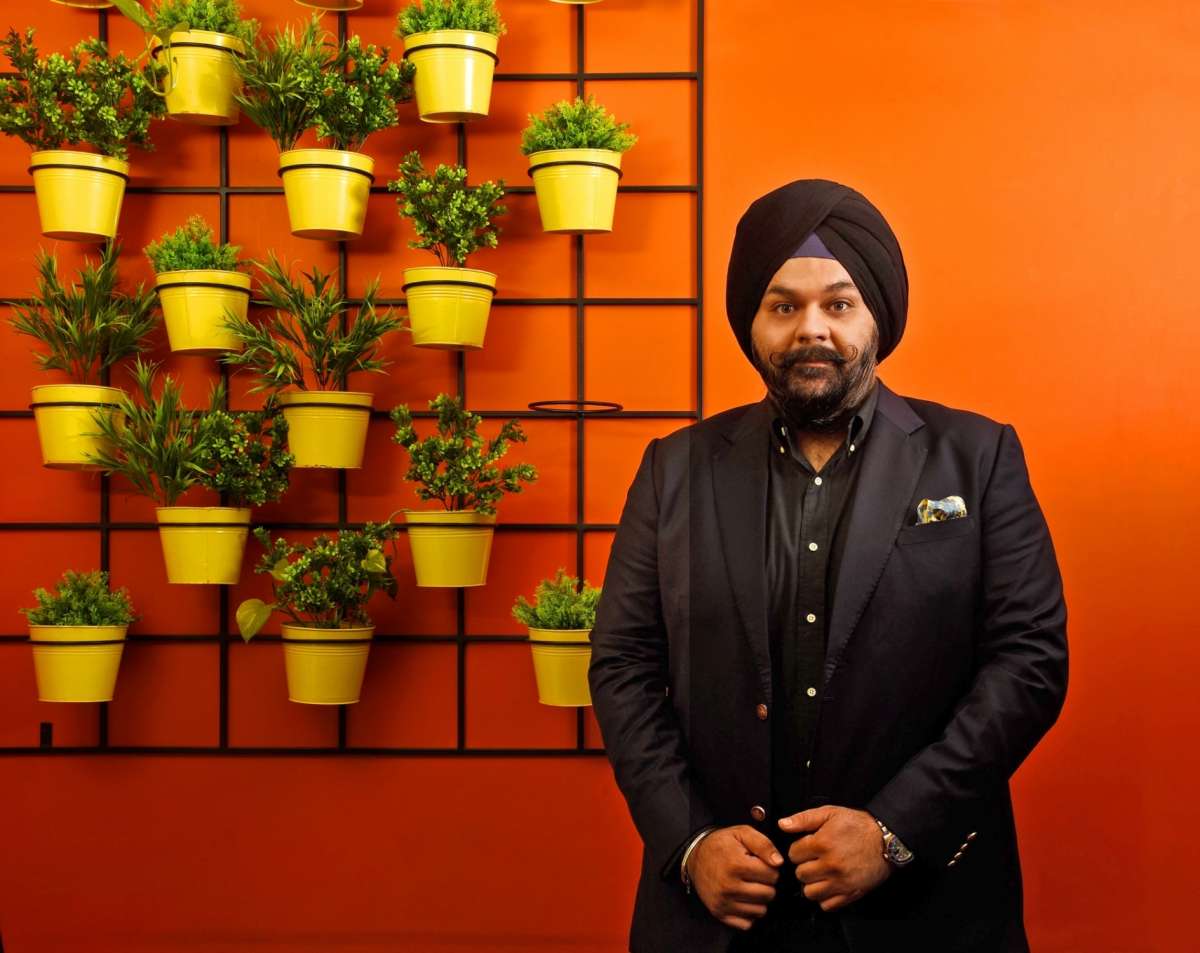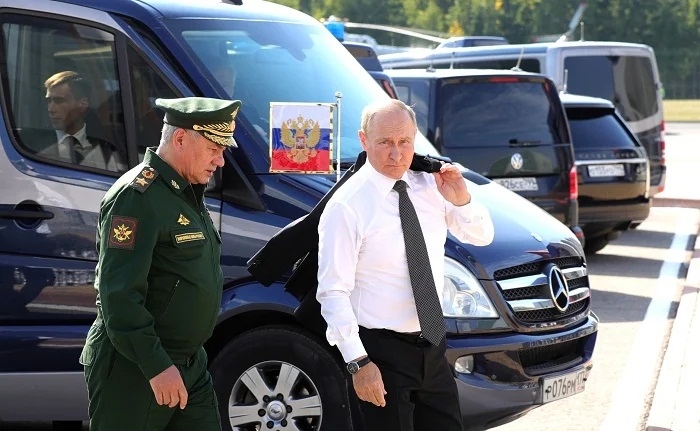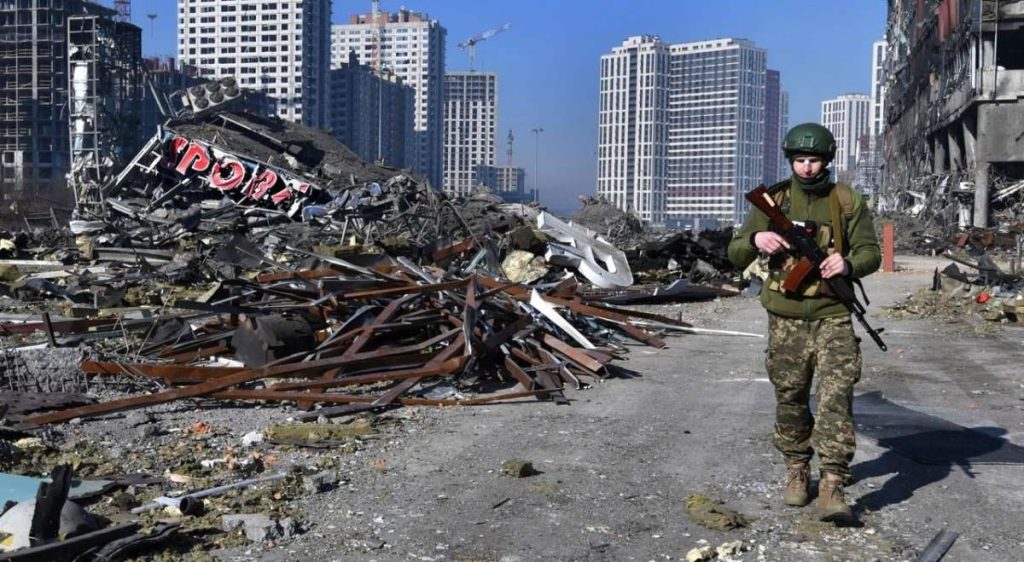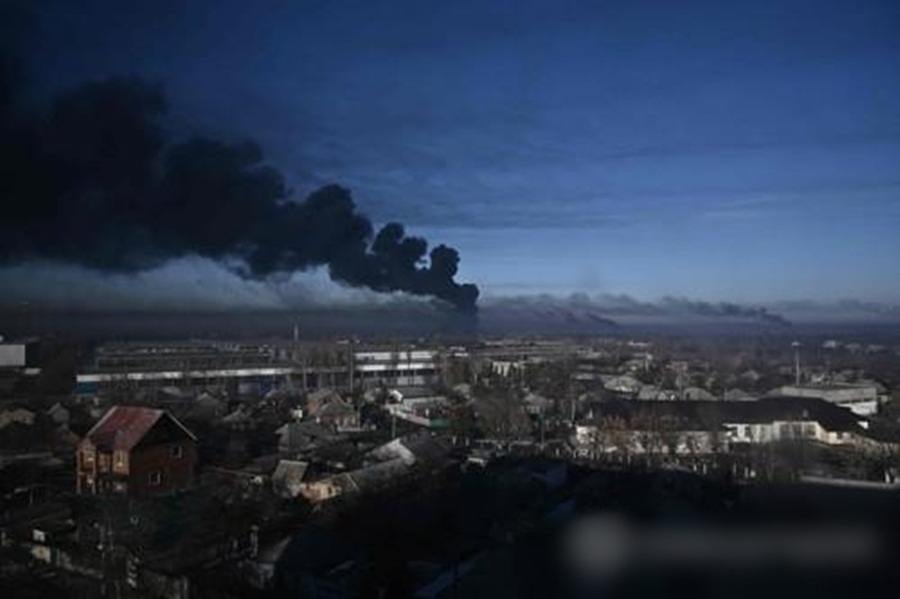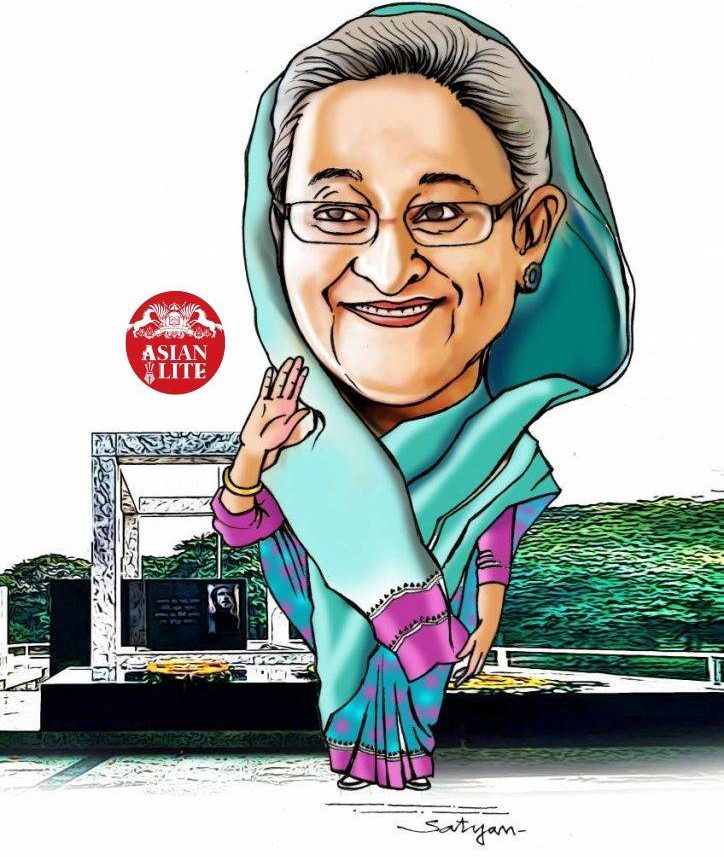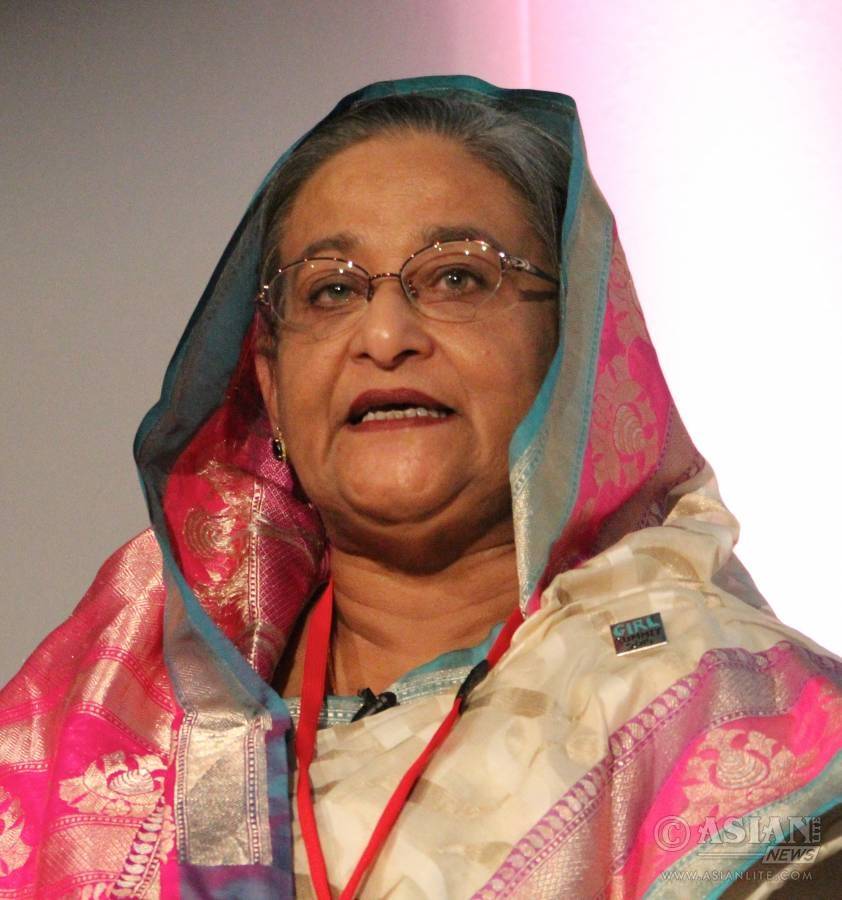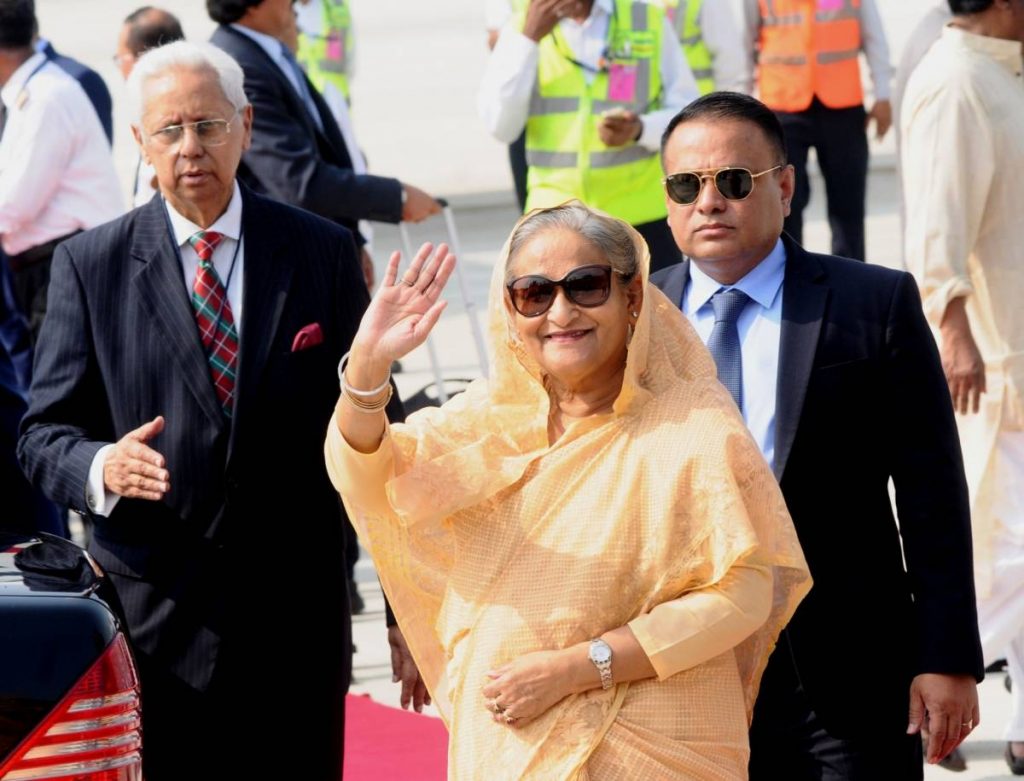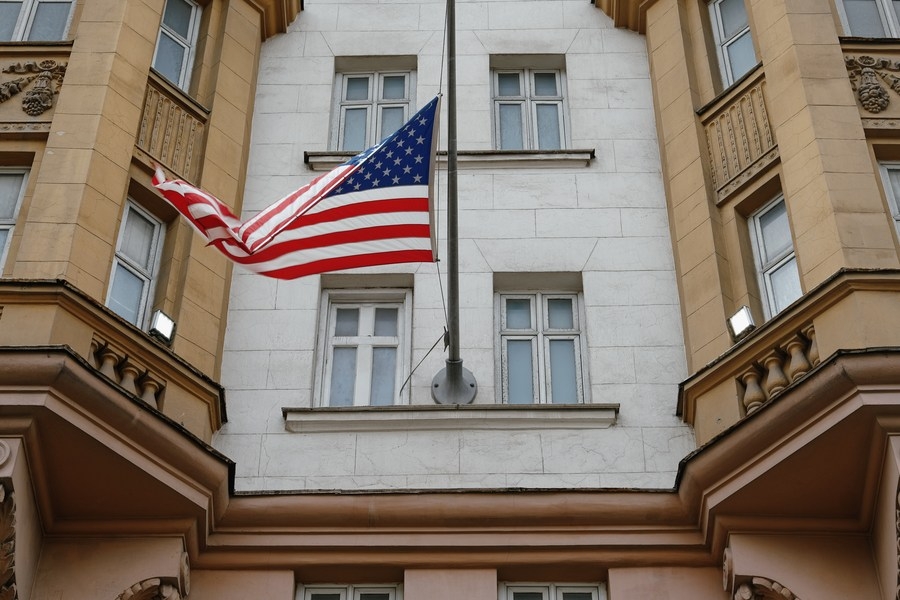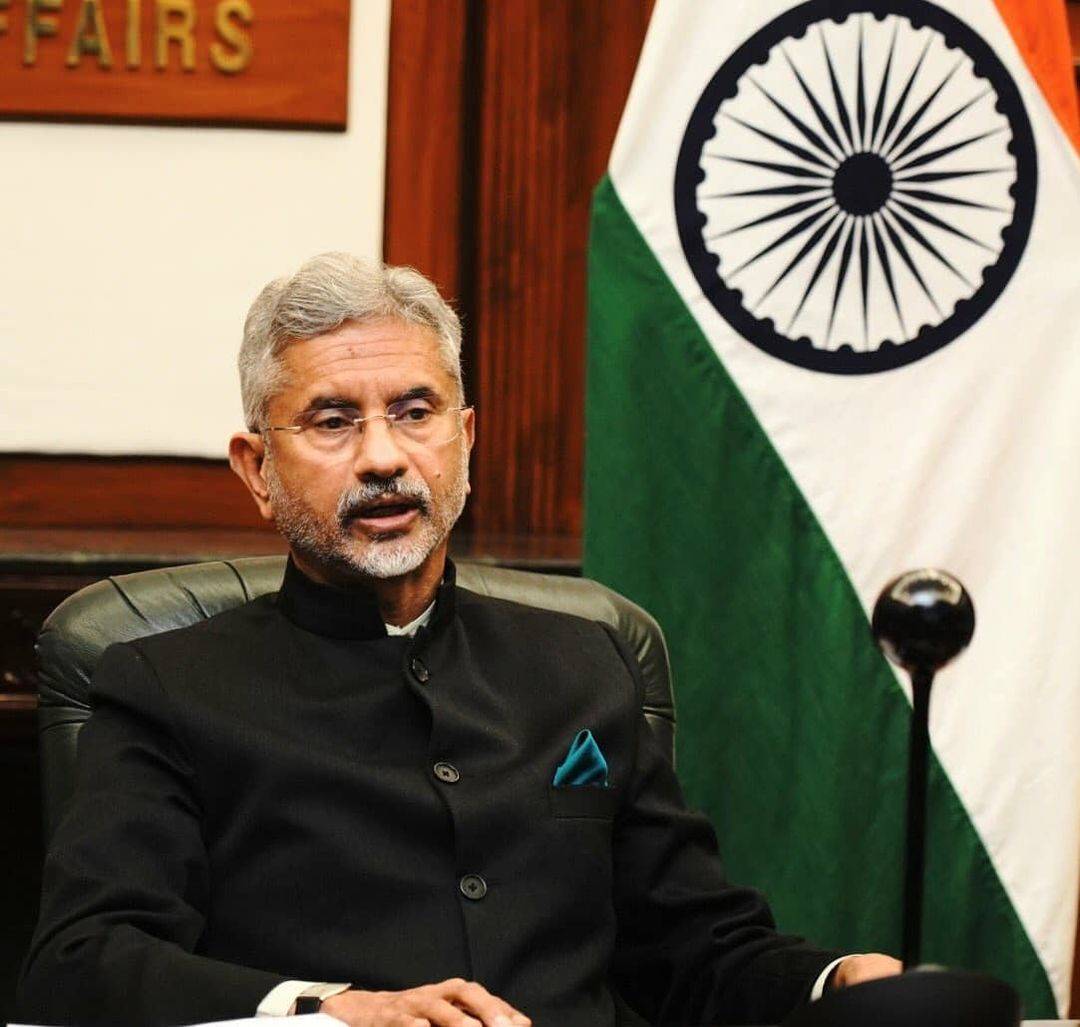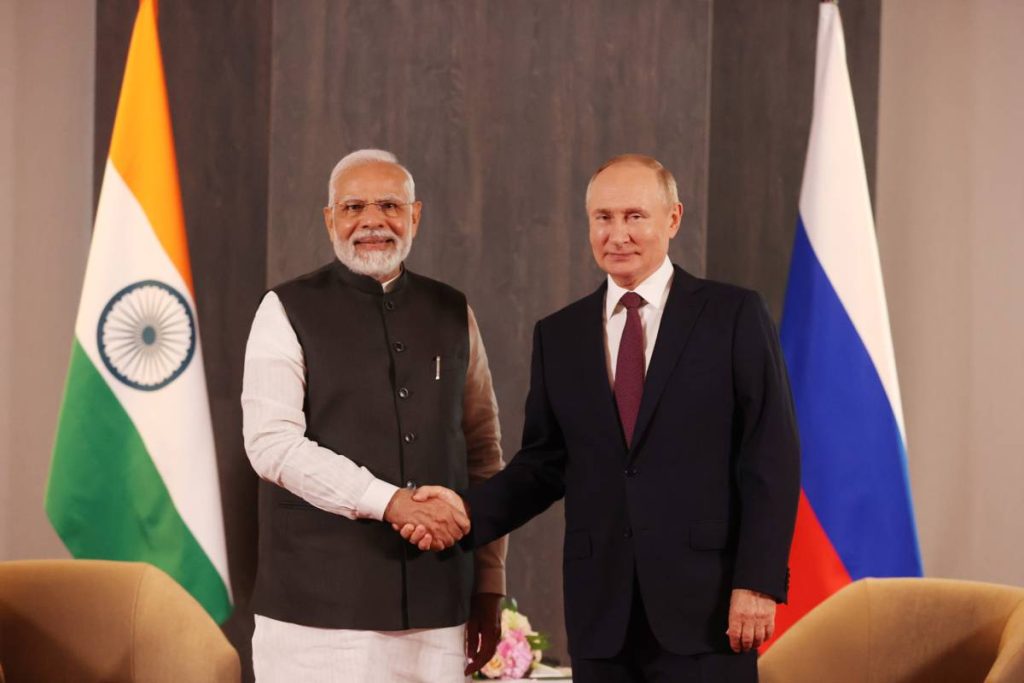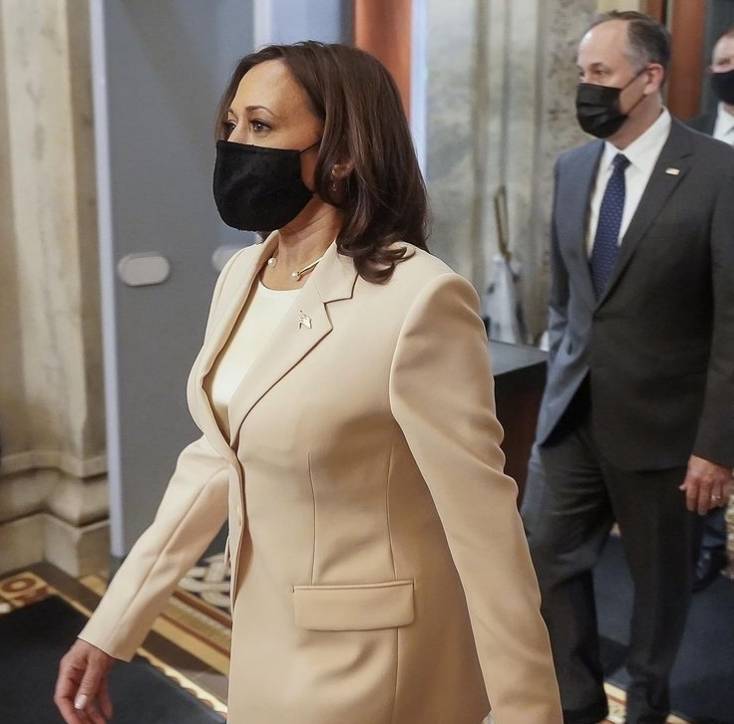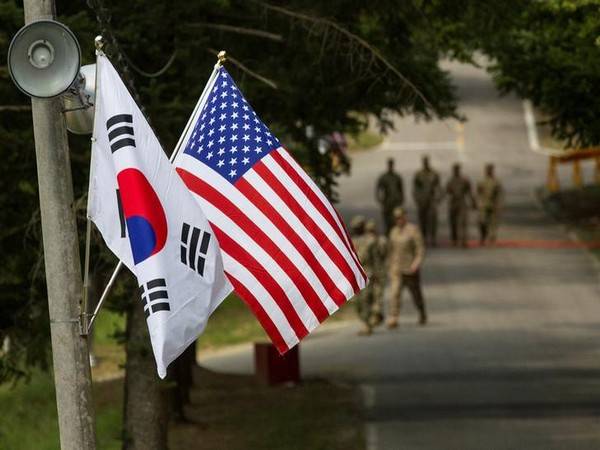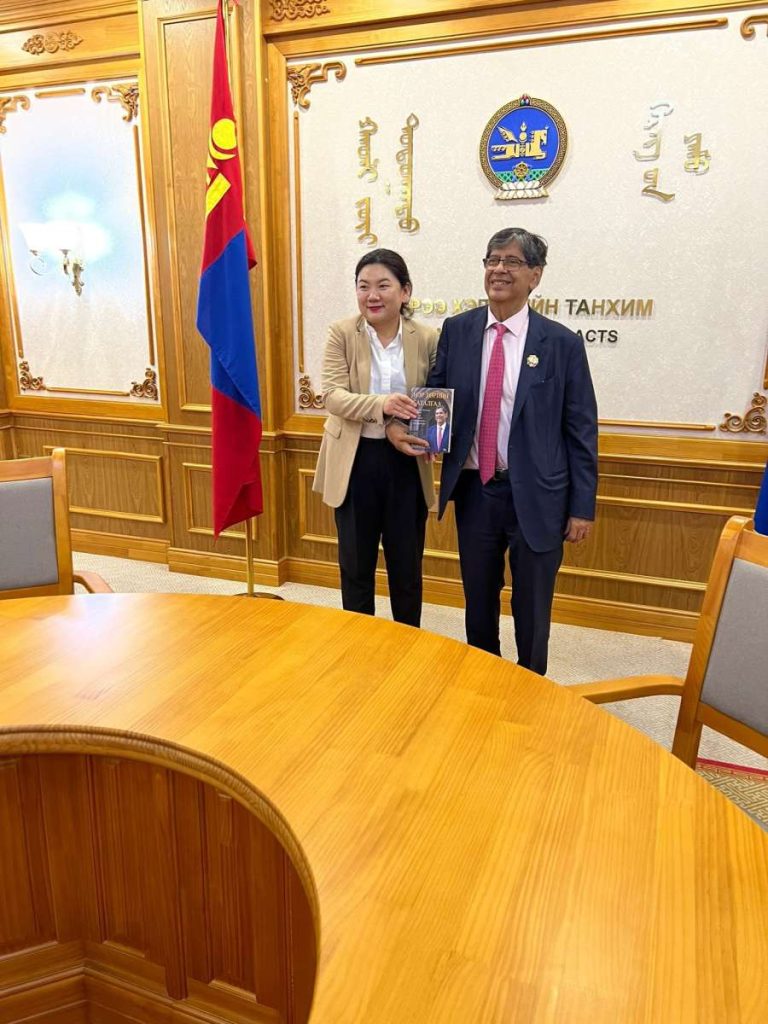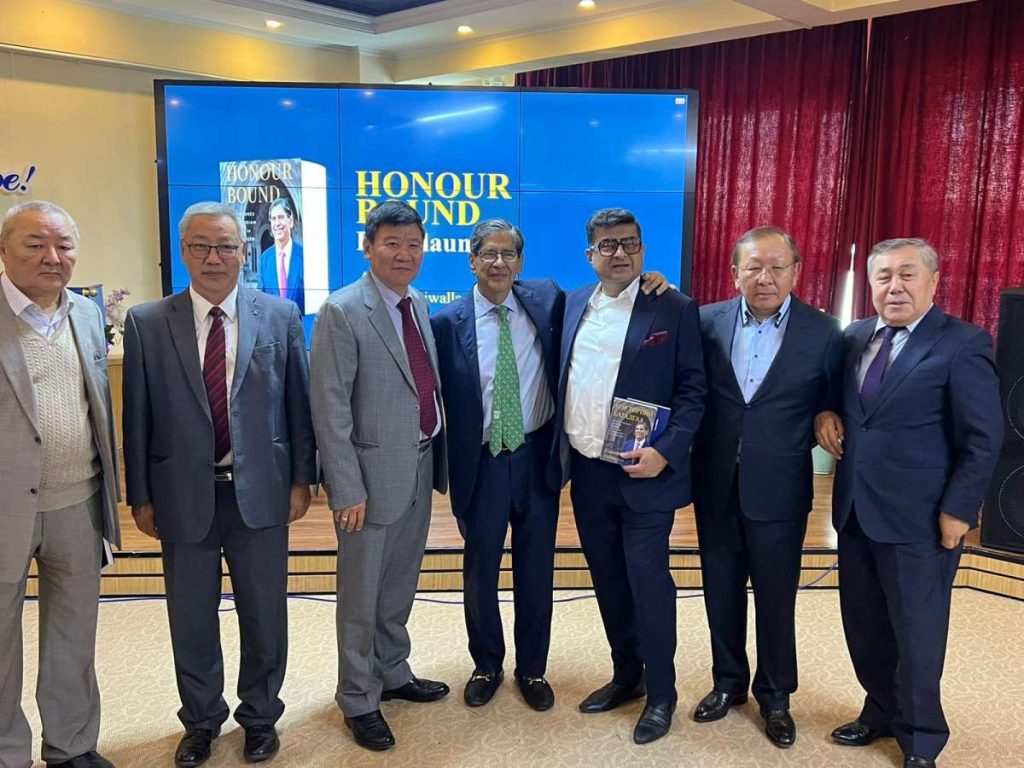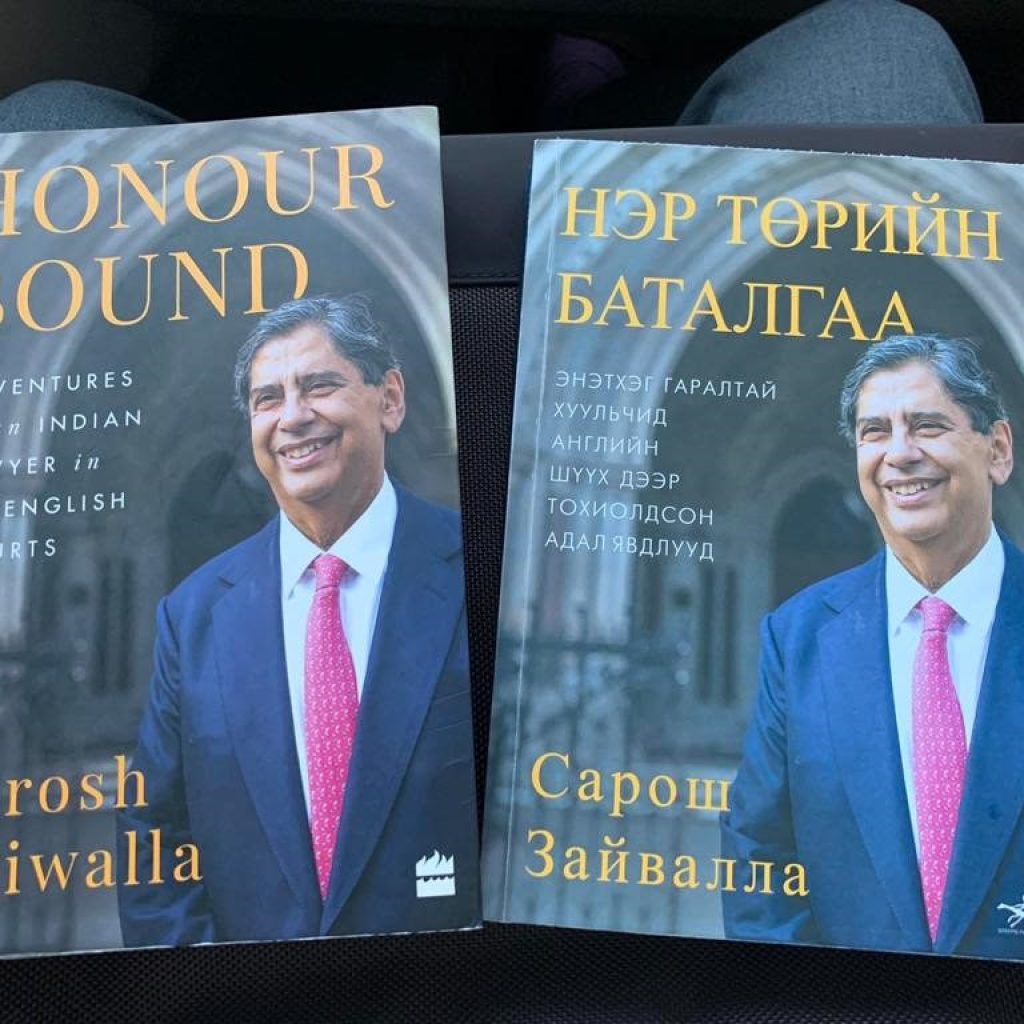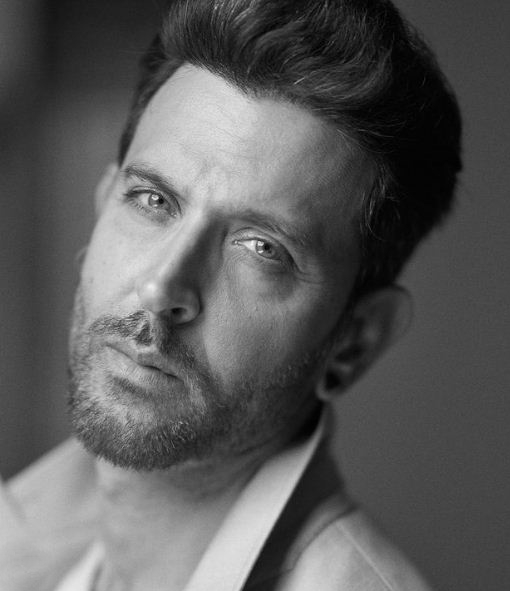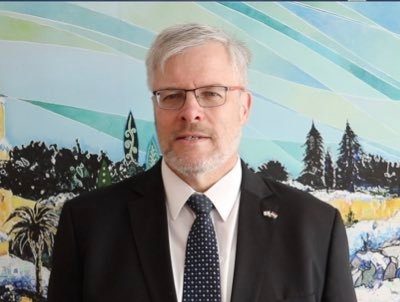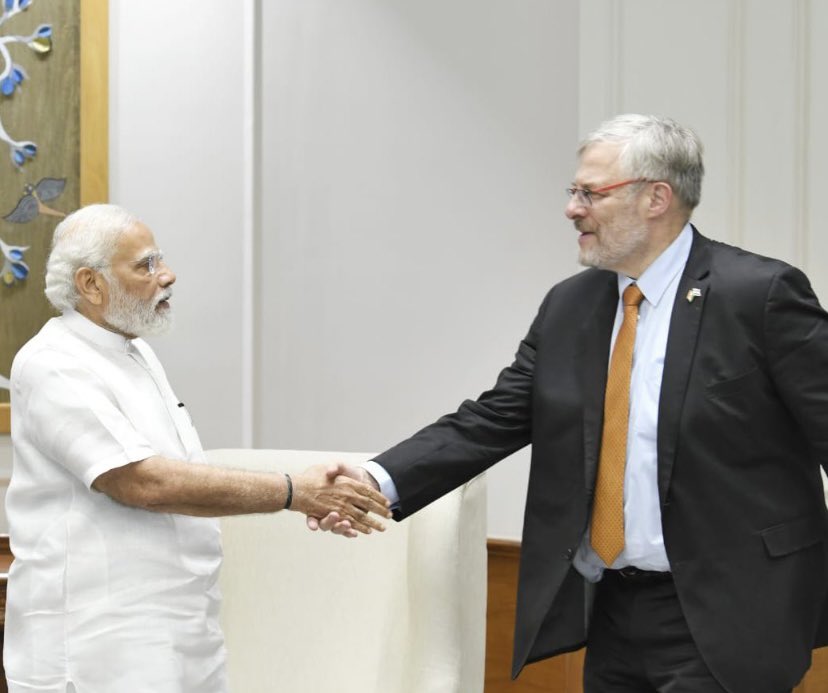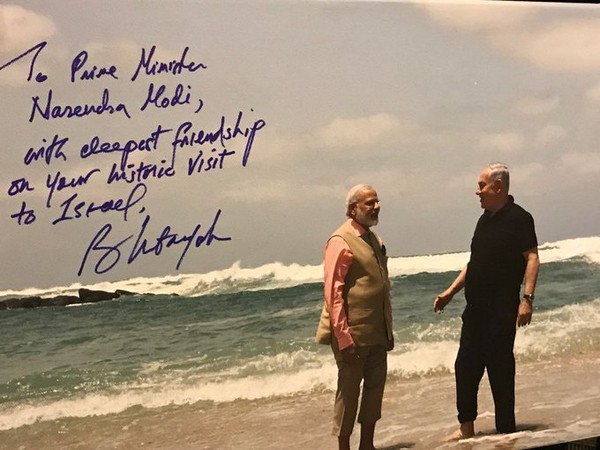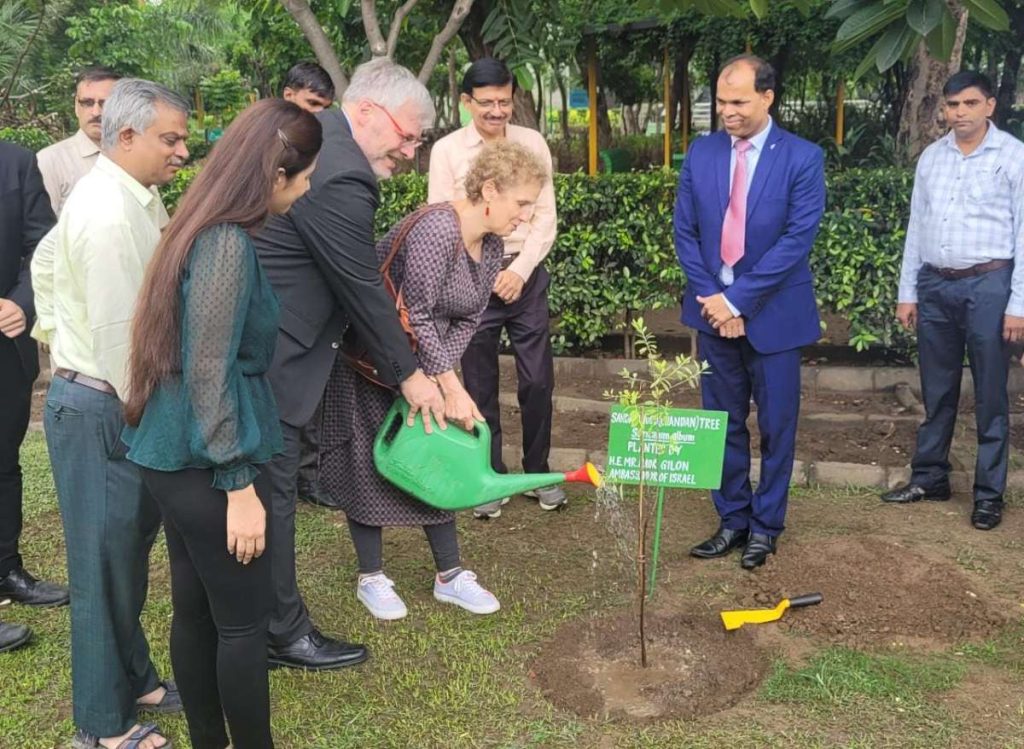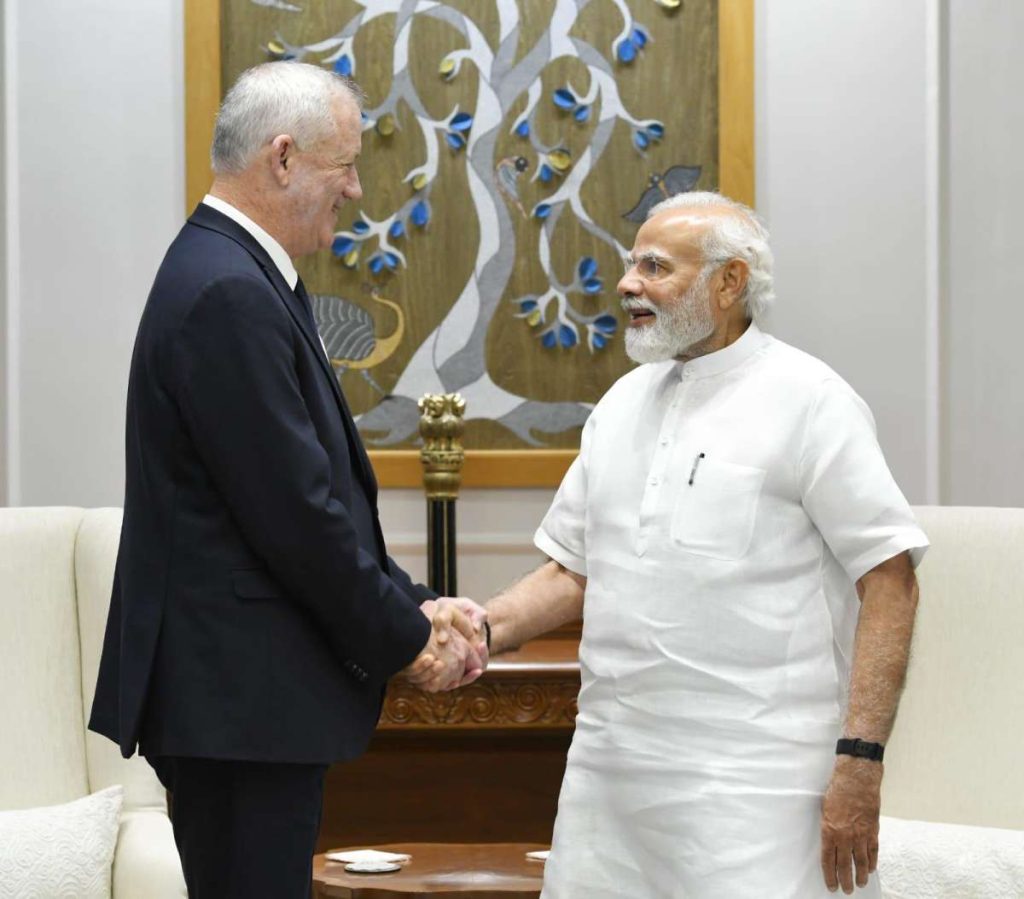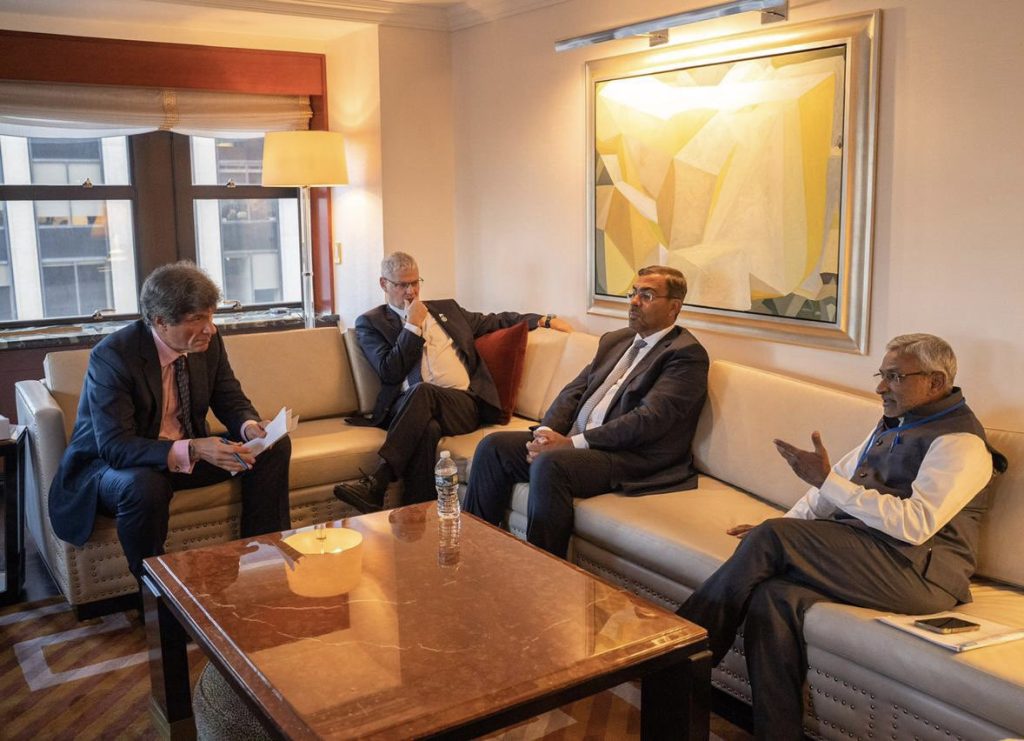SPPL started off as a plastic injection moulding manufacturing unit and then moved to making Cathode Ray Tube (CRT) televisions. Today, the company is leading India’s LED TV market, and is now cementing its position in the domestic QLED market…reports Asian Lite News
As India doubles down on local manufacturing of consumer electronics products via promoting performance-linked incentive (PLI) scheme, Avneet Singh Marwah, Director and CEO of Super Plastronics Pvt Ltd (SPPL), on Wednesday said their vision is aligned with the governments ‘make in India’ initiative since its inception, and they are Indias first manufacturing brand to launch QLED in Google TV across brands, even before the Chinese smartphone brands.
Established in 1990 with its head office in Noida, SPPL is a brand licensee of five major global brands � Kodak, Thomson, Blaupunkt, Westinghouse and White-Westinghouse (trademark of Electrolux).
With White-Westinghouse, introduced in 2020, Super Plastronics also forayed into the washing machines space.
SPPL started off as a plastic injection moulding manufacturing unit and then moved to making Cathode Ray Tube (CRT) televisions. Today, the company is leading India’s LED TV market, and is now cementing its position in the domestic QLED market.
“We want to capture the premium segment market now. For years, top brands were offering QLEDs at exorbitant high prices. Kodak will be offering these TVs at the same price as 4K. For the first time, a brand is launching a new technology at the same prices,” Marwah told IANS.
He said that from the last seven years, Kodak is strengthening its market share in the country.
“Today, we have close to 5 per cent market share and our maximum business comes from 4K TVs. Now, with the launch of QLED TVs at an aggressive price point in the festive season, we are confident to become number 1 online brand in the QLED segment too. This will definitely increase our brand equity in the market,” Marwah added.
KODAK QLED TVs are available in three sizes: 50-inch, 55-inch, and 65-inch, with prices starting at prices Rs 33,999, on Flipkart during Big Billion Days Sale as BBD Specials.
Last year, SPPL announced an investment of over Rs 500 crore for three years in its fully automated TV manufacturing plant in Hapur, Uttar Pradesh.
The plant will be operational from November and aims to hire over 1,000 people, targeting the production of 1 million units for the next year and beyond.
According to Marwah, featuring 60W speakers with Dolby Atmos support, the Blaupunkt Google TV housing Far Field Voice Control with Google Assistant provides 360-degree surround sound for a theatre-like experience at home.
“We are expecting a GMV growth of 100 per cent in Blaupunkt this year and a major contribution will come from QLED TVs. We have launched QLED at the same price point of 4K TVs to capture maximum market share,” Marwah told IANS.
The TVs are available in 50-inch (Rs 36,999), 55-inch (Rs 44,999), and 65-inch (Rs 62,999) in the Flipkart BBD festive sale with attractive offers.
On the other hand, French consumer appliances brand Thomson eyes a revenue of Rs 600 crore in this festive season.
The brand recently launched a new range of QLED TVs with Google TV at the price of 4k. The new series is priced at Rs 32,999 for 50-inch, Rs 38,999 for 55-inch and Rs 58,999 for 65-inch during the Flipkart sale.
Thomson’s Android TV Series comes with ultra-high definition resolution and HDR10+. Bundled with sound output of 40W and powered by Dolby MS 12, Dolby Digital Plus & DTS Trusurround, the processors of these TVs are powered by Amlogic that offers a clocking speed of 1.4 GHz along with MEMC (Motion Estimation, Motion Compensation) for a perfect gaming experience, according to the company.
“This year, Thomson has seen unprecedented growth despite manufacturing and supply chain issues but that did not hinder our effort, offering and pricing,” said Marwah.
